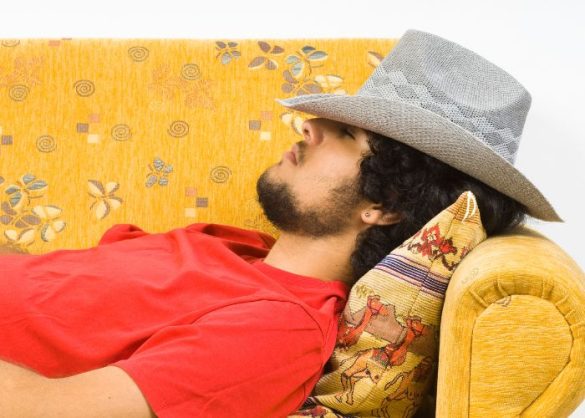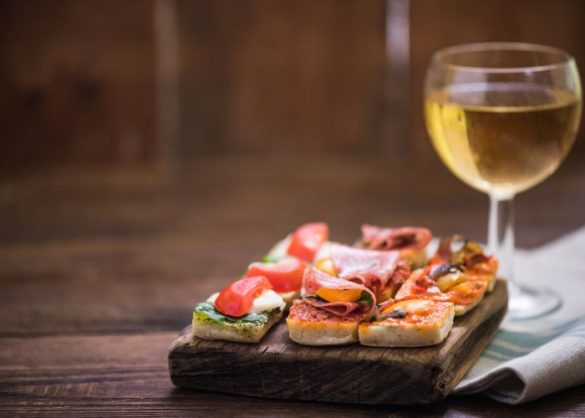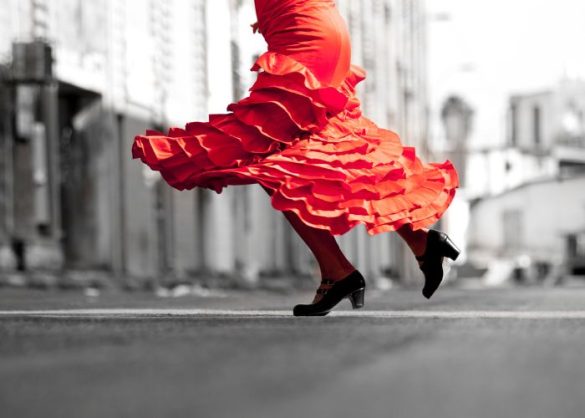1.1K
MADRID – Spain is known to many as a popular holiday destination, but what do we know about the country and its inhabitants? For example, what is the longest Spanish word and what inventions come from Spain? So if you are bored at the start of the week, have fun with this list of facts and quirks about Spain and Spaniards.
Spain owes its name to the Phoenicians, the people who once inhabited much of present-day Spain.
Quirks and facts about Spain
- They called it Hispania which means ‘Land of the Rabbits’.
- Spain is the third country in the world (after Italy and China) with the most places and buildings declared a World Heritage Site by UNESCO. There are 43 in total. The Sagrada Familia in Barcelona and the Alhambra in Granada are the two most visited. Here’s the full list.
- When you think of flamenco, you also think of Spain. The music and dance style are not performed all over the country. Its origin is a bit confusing. The most widely accepted theory is that flamenco originated in Andalucia as a result of the cultural melting pot of Gypsies, Arabs, Jews and indigenous peoples.
- Spaniards have different meal times than the rest of the Europeans. Where most Europeans have lunch between twelve and one o’clock, the Spaniards only sit at the table from two or three o’clock. The same goes for dinner. Dinner is usually not served before 9.00 pm.
- Spain has the most vineyards worldwide. In terms of wine production, the country is second in place after Italy and before France in 2021. Drinking beer and wine is in the blood of the inhabitants and the country has the most bars per inhabitant, with León leading the way.
- The siesta is one of the habits that has always been associated with the Spaniards… although it is not as common as one might think: about 60% of Spaniards never have a siesta.
- In Spain Friday the 13th is not an unlucky day, but Tuesday the 13th.
- Besides the city of Valencia on the east coast of Spain, there are 40 other cities worldwide that bear this name. This is a consequence of the colonial period when it was quite common to name the new cities after the origin of the explorers.
- Another consequence of colonisation was the spread of the language. Spanish is the mother tongue for 483 million people, while another 97 million people speak it as a second language.
- Castilian (Spanish), Catalan, Basque, Galician and Aranese are the other official languages of the country. The unofficial languages in Spain are Asturian and Aragonese. Valencian is a derivative of Catalan.
- Tapas are Spain’s national pride. There are several theories as to its origin, but one of the most compelling is the one that assumes the drinks were covered with slices of bread or sausage to keep flies and insects out.
- Spain performs the highest number of organ transplants in the world every year. The country has been a leader in this field for over 20 years.
- Hispanic children are given both the father’s and the mother’s surname. The first surname is that of the father, the second of the mother. In principle, children never have the same last name as their parents.
- Madrid is home to the oldest restaurant in the world, according to the Guinness Book of Records. This is the Botín Restaurant which opened in 1725. It has remained operational every day since its opening, even during the Spanish Civil War.
- Cádiz is the oldest inhabited city in Europe. The city in southwest Andalucia was founded by the Phoenicians around 1100 BC. They called their hometown Gadir. This means ‘walled city.
- The longest Spanish word has 23 letters and is ‘electroencedalogista’, which means electroencephalographic. Electroencephalography (EEG) is a method of measuring the electrical activity of the brain.
- The 1918 pandemic called the Spanish flu has not broken out in Spain. Because Spain was the first country to release the news, the flu was given this name.
- Spain is one of the countries with the lowest population density in Europe. Only 94 people live per square kilometre. In England that is 275, in Germany 233, in Belgium 349 people and the Netherlands no less than 495.
- Three of the ten paintings ever to bring in the most money at auction are by Málaga-born artist Pablo Picasso: The Women of Algiers, The Dream and the Nude and Green Leaves and Bust.The Tabernas Desert (Almeria) is the only official desert in Europe. Several Hollywood westerns, also called spaghetti westerns, have been shot in this jagged, dry, rocky landscape.These includeA Fistful of Dollars, For a Few Dollars More, The Good, the Bad and the Ugly and Indiana Jones and The Last Crusade.
Do you have any funny and curious facts and quirks about Spain to add? Let us know.





